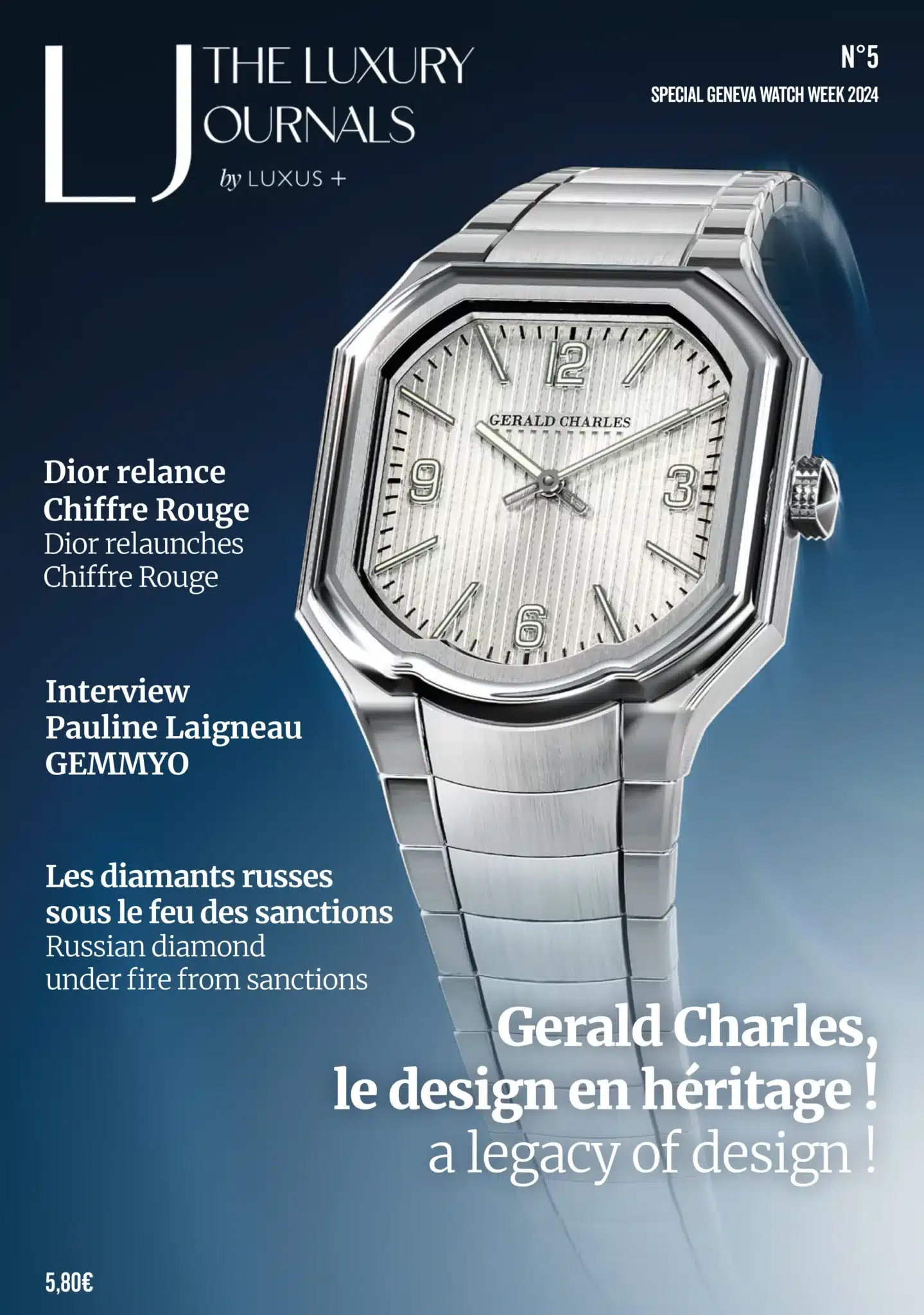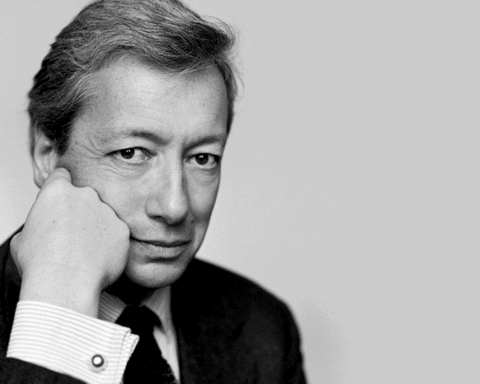[vc_row njt-role=”people-in-the-roles” njt-role-user-roles=”administrator,editor,author,armember”][vc_column][vc_column_text]
According to an investigation by the British news agency Reuters, Russian customs records reveal that the United Arab Emirates has become the new hub for the Russian gold trade.
Russian customs archives have revealed that the United Arab Emirates has emerged as a major hub for the Russian gold trade, following Western sanctions that have hampered Russia’s traditional export routes.
The documents, provided to Reuters news agency, contain details of almost a thousand gold shipments in the year since the start of the war in Ukraine. The Gulf state imported 75.7 tons of Russian gold worth $4.3 billion, compared with just 1.3 tons in 2021. The documents also reveal the names of over 100 non-Russian companies that handled Russian gold.
China and Turkey also emerged as two other major destinations, each importing around 20 tonnes of Russian gold. Combined with the United Arab Emirates, these three countries accounted for 99.8% of Russian gold exports, according to customs data for the period.
London regulation
Shortly after the start of the conflict in Ukraine, many key players such as multinational banks, logistics service providers and precious metals refiners stopped handling Russian gold. Prior to this, the gold was shipped to London, the traditional hub for gold trading and storage.
The London Bullion Market Association banned Russian bullion from March 7, 2022, and by the end of August, Great Britain, the European Union, Switzerland, the USA, Canada and Japan had all banned the import of Russian bullion.
However, for Louis Marechal, gold supply expert at the Organisation for Economic Co-operation and Development, it’s not impossible that Russian gold could be melted down and remelted, then reintroduced to American and European markets while disguising its origin. “If Russian gold arrives, is remelted by a local refiner, is bought by a local bank or dealer and then sold on the market, there is a risk”.
Gold hub
Possessing a long-established and thriving gold industry, the United Arab Emirates is known as a major exporter of bullion and jewelry. Trade data shows that they imported an average of around 750 tonnes of pure gold per year between 2016 and 2021, meaning that shipments registered by Russia would only account for around 10% of their total imports.
According to an anonymous source, Russian companies sold ingots to the United Arab Emirates at a discount of around 1% to world reference prices, offering an incentive to trade. These ingots would have been destined for refineries, where they would be melted down and remelted.
Records further reveal that Temis Luxury Middle East, a Dubai-based subsidiary of the French logistics company Temis Luxury, is the largest exporter of Russian gold to the United Arab Emirates. Between April 20, 2022 and March 3, 2023, it shipped 15.6 tonnes of gold worth $863 million.
The second largest manager of Russian bullion in the UAE is Transguard, a logistics company part of the Emirates Group, the airline and hotel company owned by the Gulf State investment fund. It was involved in shipments of 14.6 tonnes of gold worth $820 million over the same period.
Pressure from the USA
In a bid to further isolate Russia, the United States has warned several countries, including the United Arab Emirates and Turkey, that they risk losing access to G7 markets if they maintain trade relations with entities subject to US sanctions. However, the data reviewed by Reuters in no way suggests that these countries have violated US sanctions.
The UAE government, through its Gold Bullion Committee, has asserted that clear and robust measures are in place to combat trade in illicit goods, money laundering and sanctioned entities.
“The UAE will continue to trade openly and honestly with its international partners, in compliance with all current international standards established by the United Nations.”
Sino-Russian alliance
According to Russian customs data, 116.3 tonnes of Russian gold were exported between February 24, 2022 and March 3 this year. However, consultancy Metals Focus estimates that Russia produced 325 tonnes of gold in 2022. It is likely that the rest of the gold mined in Russia remained in the country or was exported in unrecorded transactions. Reuters was unable to determine what proportion of Russia’s total gold exports was covered by the data.
Most Russian gold shipments to China were directed to Hong Kong. The Chinese Foreign Ministry has stated that cooperation with Russia “should not be disruptive or coercive on the part of a third party”.
Read also >Russia expands list of luxury brands imported without permission
Featured photo : © iStock [/vc_column_text][/vc_column][/vc_row][vc_row njt-role=”not-logged-in”][vc_column][vc_column_text]
According to an investigation by the British news agency Reuters, Russian customs records reveal that the United Arab Emirates has become the new hub for the Russian gold trade.
Russian customs archives have revealed that the United Arab Emirates has emerged as a major hub for the Russian gold trade, following Western sanctions that have hampered Russia’s traditional export routes.
The documents, provided to Reuters news agency, contain details of almost a thousand gold shipments in the year since the start of the war in Ukraine. The Gulf state imported 75.7 tons of Russian gold worth $4.3 billion, compared with just 1.3 tons in 2021. The documents also reveal the names of over 100 non-Russian companies that handled Russian gold.
China and Turkey also emerged as two other major destinations, each importing around 20 tonnes of Russian gold. Combined with the United Arab Emirates, these three countries accounted for 99.8% of Russian gold exports, according to customs data for the period.
London regulation
Shortly after the start of the conflict in Ukraine, many key players such as multinational banks, logistics service providers and precious metals refiners stopped handling Russian gold. Prior to this, the gold was shipped to London, the traditional hub for gold trading and storage.
The London Bullion Market Association banned Russian bullion from March 7, 2022, and by the end of August, Great Britain, the European Union, Switzerland, the USA, Canada and Japan had all banned the import of Russian bullion.
However, for Louis Marechal, gold supply expert at the Organisation for Economic Co-operation and Development, it’s not impossible that Russian gold could be melted down and remelted, then reintroduced to American and European markets while disguising its origin. “If Russian gold arrives, is remelted by a local refiner, is bought by a local bank or dealer and then sold on the market, there is a risk”.
Gold hub
Possessing a long-established and thriving gold industry, the United Arab Emirates is known as a major exporter of bullion and jewelry. Trade data shows that they imported an average of around 750 tonnes of pure gold per year between 2016 and 2021, meaning that shipments registered by Russia would only account for around 10% of their total imports.
According to an anonymous source, Russian companies sold ingots to the United Arab Emirates at a discount of around 1% to world reference prices, offering an incentive to trade. These ingots would have been destined for refineries, where they would be melted down and remelted.
Records further reveal that Temis Luxury Middle East, a Dubai-based subsidiary of the French logistics company Temis Luxury, is the largest exporter of Russian gold to the United Arab Emirates. Between April 20, 2022 and March 3, 2023, it shipped 15.6 tonnes of gold worth $863 million.
The second largest manager of Russian bullion in the UAE is Transguard, a logistics company part of the Emirates Group, the airline and hotel company owned by the Gulf State investment fund. It was involved in shipments of 14.6 tonnes of gold worth $820 million over the same period.
Pressure from the USA
[…][/vc_column_text][vc_cta h2=”This article is reserved for subscribers.” h2_font_container=”tag:h2|font_size:16|text_align:left” h2_use_theme_fonts=”yes” h4=”Subscribe now !” h4_font_container=”tag:h2|font_size:32|text_align:left|line_height:bas” h4_use_theme_fonts=”yes” txt_align=”center” color=”black” add_button=”right” btn_title=”I SUBSCRIBE !” btn_color=”danger” btn_size=”lg” btn_align=”center” use_custom_fonts_h2=”true” use_custom_fonts_h4=”true” btn_button_block=”true” btn_custom_onclick=”true” btn_link=”url:https%3A%2F%2Fluxus-plus.com%2Fen%2Fsubscriptions-and-newsletter-special-offer-valid-until-september-30-2020-2-2%2F”]Get unlimited access to all articles and live a new reading experience, preview contents, exclusive newsletters…
Already have an account ? Please log in.
[/vc_cta][vc_column_text]Featured photo : © iStock [/vc_column_text][/vc_column][/vc_row][vc_row njt-role=”people-in-the-roles” njt-role-user-roles=”subscriber,customer”][vc_column][vc_column_text]
According to an investigation by the British news agency Reuters, Russian customs records reveal that the United Arab Emirates has become the new hub for the Russian gold trade.
Russian customs archives have revealed that the United Arab Emirates has emerged as a major hub for the Russian gold trade, following Western sanctions that have hampered Russia’s traditional export routes.
The documents, provided to Reuters news agency, contain details of almost a thousand gold shipments in the year since the start of the war in Ukraine. The Gulf state imported 75.7 tons of Russian gold worth $4.3 billion, compared with just 1.3 tons in 2021. The documents also reveal the names of over 100 non-Russian companies that handled Russian gold.
China and Turkey also emerged as two other major destinations, each importing around 20 tonnes of Russian gold. Combined with the United Arab Emirates, these three countries accounted for 99.8% of Russian gold exports, according to customs data for the period.
London regulation
Shortly after the start of the conflict in Ukraine, many key players such as multinational banks, logistics service providers and precious metals refiners stopped handling Russian gold. Prior to this, the gold was shipped to London, the traditional hub for gold trading and storage.
The London Bullion Market Association banned Russian bullion from March 7, 2022, and by the end of August, Great Britain, the European Union, Switzerland, the USA, Canada and Japan had all banned the import of Russian bullion.
However, for Louis Marechal, gold supply expert at the Organisation for Economic Co-operation and Development, it’s not impossible that Russian gold could be melted down and remelted, then reintroduced to American and European markets while disguising its origin. “If Russian gold arrives, is remelted by a local refiner, is bought by a local bank or dealer and then sold on the market, there is a risk”.
Gold hub
Possessing a long-established and thriving gold industry, the United Arab Emirates is known as a major exporter of bullion and jewelry. Trade data shows that they imported an average of around 750 tonnes of pure gold per year between 2016 and 2021, meaning that shipments registered by Russia would only account for around 10% of their total imports.
According to an anonymous source, Russian companies sold ingots to the United Arab Emirates at a discount of around 1% to world reference prices, offering an incentive to trade. These ingots would have been destined for refineries, where they would be melted down and remelted.
Records further reveal that Temis Luxury Middle East, a Dubai-based subsidiary of the French logistics company Temis Luxury, is the largest exporter of Russian gold to the United Arab Emirates. Between April 20, 2022 and March 3, 2023, it shipped 15.6 tonnes of gold worth $863 million.
The second largest manager of Russian bullion in the UAE is Transguard, a logistics company part of the Emirates Group, the airline and hotel company owned by the Gulf State investment fund. It was involved in shipments of 14.6 tonnes of gold worth $820 million over the same period.
Pressure from the USA
[…][/vc_column_text][vc_cta h2=”This article is reserved for subscribers.” h2_font_container=”tag:h2|font_size:16|text_align:left” h2_use_theme_fonts=”yes” h4=”Subscribe now !” h4_font_container=”tag:h2|font_size:32|text_align:left|line_height:bas” h4_use_theme_fonts=”yes” txt_align=”center” color=”black” add_button=”right” btn_title=”I SUBSCRIBE !” btn_color=”danger” btn_size=”lg” btn_align=”center” use_custom_fonts_h2=”true” use_custom_fonts_h4=”true” btn_button_block=”true” btn_custom_onclick=”true” btn_link=”url:https%3A%2F%2Fluxus-plus.com%2Fen%2Fsubscriptions-and-newsletter-special-offer-valid-until-september-30-2020-2-2%2F”]Get unlimited access to all articles and live a new reading experience, preview contents, exclusive newsletters…
Already have an account ? Please log in.
[/vc_cta][vc_column_text]Featured photo : © iStock [/vc_column_text][/vc_column][/vc_row]























